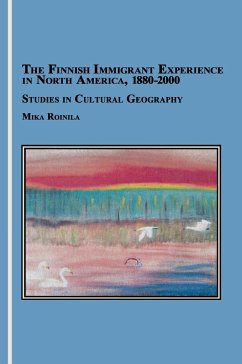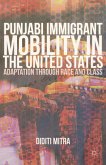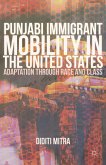After the end of the Second World War, migrants were critical to the spatial making of modern Australia. Major federally funded industries driving postwar nation-building programs depended on the employment of large numbers of people who had been displaced by the war. Directed to remote, rural and urban industrial sites, migrant labor and resettlement altered the nation's physical landscape, providing Australia with its contemporary economic base. While the immigrant contribution to nation-building in cultural terms is well-known, its everyday spatial, architectural and landscape transformations remain unexamined. This book aims to bring to the foreground postwar industry and immigration to comprehensively document a uniquely Australian shaping of the built environment.
Hinweis: Dieser Artikel kann nur an eine deutsche Lieferadresse ausgeliefert werden.
Hinweis: Dieser Artikel kann nur an eine deutsche Lieferadresse ausgeliefert werden.








